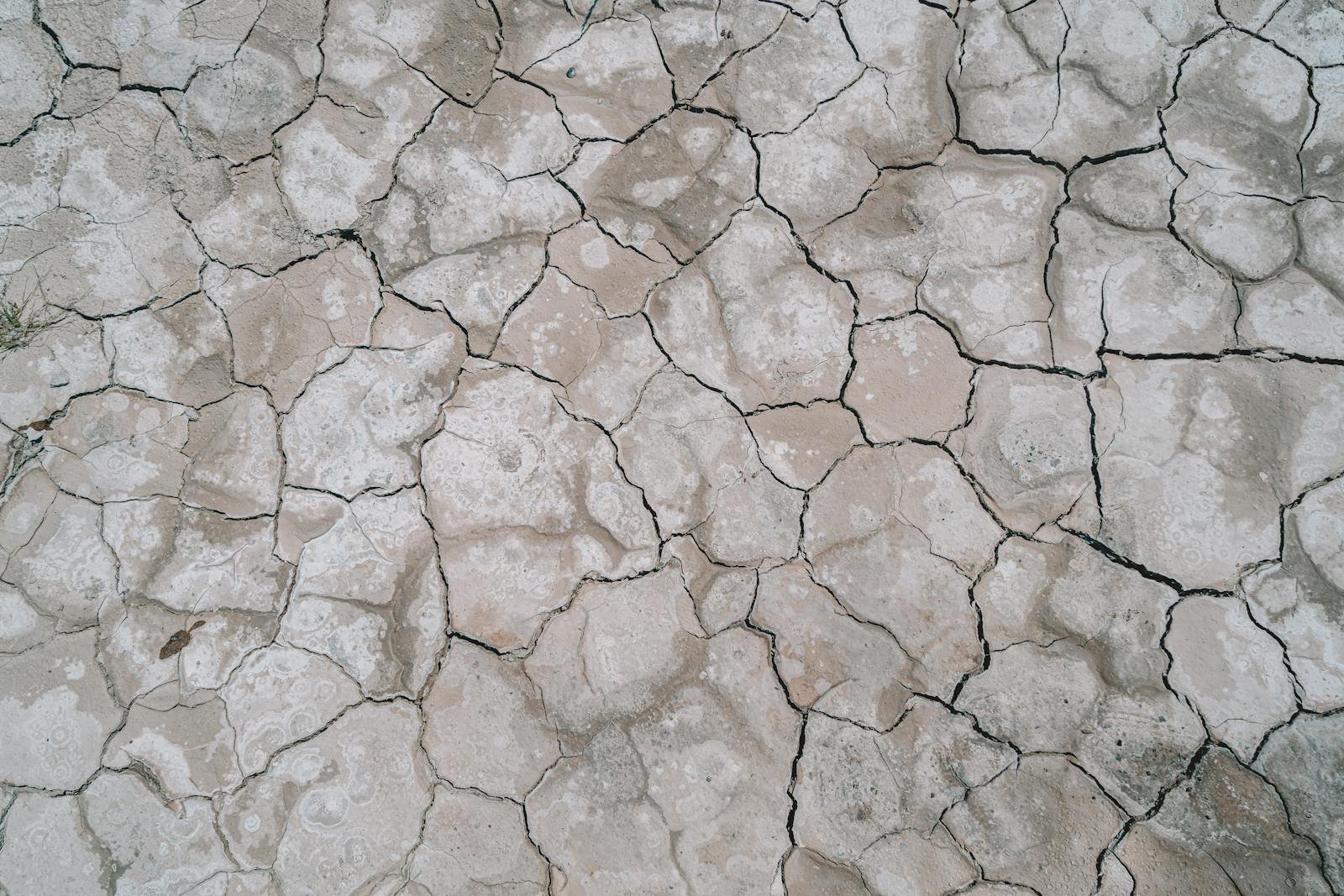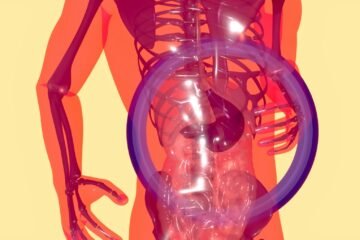Dehydration is a common condition that occurs when your body loses more fluids than it takes in. It can lead to various symptoms, including fatigue, headaches, and even back pain. Understanding the relationship between dehydration and back pain is essential for proper diagnosis and treatment. In this article, we will explore how dehydration can cause back pain, what it feels like, signs to look out for, and how to manage it effectively.
What Does Dehydration Back Pain Feel Like?
When experiencing dehydration back pain, individuals may describe it as a dull ache or discomfort in the lower back. This pain can vary in intensity and may worsen with certain movements. Additionally, dehydration can lead to muscle cramps, which may contribute to the sensation of back pain. Often, dehydration back pain is accompanied by other symptoms such as fatigue, headache, and dry mouth.
Signs of Dehydration Back Pain
Recognizing the signs of dehydration is crucial for addressing the issue before it leads to more serious health problems. Common signs of dehydration that may be associated with back pain include:
- Thirst: An increased sense of thirst is often the first indicator of dehydration.
- Dark Urine: Urine that is dark yellow or amber is a sign that you may not be drinking enough fluids.
- Dry Skin: Skin that lacks moisture or appears dry can indicate dehydration.
- Fatigue: Feeling tired or lethargic can be a symptom of dehydration.
- Dizziness: Lightheadedness or dizziness, especially when standing up quickly, can occur due to fluid loss.
For more detailed information about dehydration symptoms, the Mayo Clinic provides an excellent resource on dehydration.
Dehydration Back Pain and the Kidneys
One of the primary roles of water in the body is to help the kidneys filter waste. When dehydrated, the kidneys may become strained, leading to discomfort in the back. This can manifest as dehydration back pain that is felt in the lower back, where the kidneys are located.
Chronic dehydration can also increase the risk of kidney stones, which can lead to severe pain in the back and side. If you suspect that your back pain is related to dehydration or kidney issues, it is essential to seek medical attention. For more information about the relationship between hydration and kidney health, you can visit the National Kidney Foundation’s website.
Symptoms of Dehydration Back Pain
In addition to the general symptoms of dehydration, those experiencing dehydration back pain may notice:
- Localized Pain: Pain that feels specific to the lower back area.
- Muscle Cramps: Cramps in the back muscles due to lack of hydration.
- Increased Sensitivity: A heightened sensitivity to pressure in the back area.
Recognizing these symptoms can help you understand whether your back pain may be related to dehydration.
How to Manage Dehydration Back Pain
Managing dehydration back pain involves a combination of rehydration and addressing any underlying issues. Here are some effective strategies:
- Increase Fluid Intake: The most crucial step in managing dehydration back pain is to drink more fluids. Water is the best choice, but you can also consume electrolyte-rich drinks to help replenish lost minerals.
- Eat Hydrating Foods: Include foods high in water content, such as fruits and vegetables, in your diet. Foods like cucumbers, watermelon, oranges, and strawberries can aid in hydration.
- Rest and Relaxation: Allow your body time to recover by resting. Avoid activities that may strain your back until you feel better.
- Heat Therapy: Applying heat to the lower back can help relax tense muscles and alleviate pain. Use a heating pad or take a warm bath for relief.
- Consult a Healthcare Professional: If your back pain persists despite rehydration efforts or is severe, seek medical advice. A healthcare provider can help identify any underlying conditions that may be contributing to your pain.
Table: Signs and Symptoms of Dehydration Back Pain
| Symptom | Description |
|---|---|
| Thirst | Increased need for water. |
| Dark Urine | Urine appears darker than usual. |
| Dry Skin | Lack of moisture in the skin. |
| Fatigue | Feeling unusually tired or weak. |
| Dizziness | Lightheadedness or feeling faint. |
| Lower Back Pain | Dull ache or discomfort in the lower back. |
| Muscle Cramps | Cramps in the back muscles due to dehydration. |
For more guidance on hydration and its effects on health, you can refer to the CDC’s hydration recommendations.
Dehydration can significantly impact your body, including causing back pain. Understanding the signs and symptoms of dehydration back pain, recognizing its location, and implementing effective management strategies are essential for recovery. Always listen to your body, and if you suspect dehydration is causing your back pain, take immediate action to hydrate and restore balance. If symptoms persist, don’t hesitate to consult a healthcare professional for further evaluation and treatment options.
Long-Term Effects of Dehydration on Back Pain

While mild dehydration can lead to temporary back pain, chronic dehydration can have more severe and lasting effects. Persistent dehydration can lead to:
Chronic Back Pain
Chronic dehydration may contribute to long-term back pain due to continued strain on the muscles and ligaments that support your spine. Over time, dehydration can cause muscles to weaken, making them more susceptible to injury and strain. This can lead to chronic pain that may require more intensive treatments.
Increased Risk of Kidney Stones
As mentioned earlier, dehydration can increase the risk of kidney stones, which can cause excruciating back and abdominal pain. Kidney stones form when there is not enough fluid to dilute substances in the urine, leading to crystal formation. Once these crystals grow into stones, they can block the urinary tract, resulting in severe pain that radiates to the lower back and sides. According to the National Institute of Diabetes and Digestive and Kidney Diseases, staying hydrated is one of the best ways to prevent kidney stones.
Spinal Disc Degeneration
Chronic dehydration can affect the intervertebral discs, which rely on proper hydration to maintain their structure and function. Discs act as cushions between the vertebrae, and when dehydrated, they can lose height and flexibility, leading to increased pressure on the surrounding nerves and tissues. This can result in pain, numbness, or tingling in the back and legs.
Also Read: Understanding Left Middle Back Pain
Preventive Measures for Dehydration Back Pain
Taking proactive steps to stay hydrated can significantly reduce your risk of experiencing dehydration back pain. Here are some effective strategies:
Maintain Proper Hydration
Aim to drink enough fluids throughout the day. The general recommendation is to consume at least 8-10 cups of water daily, but individual needs may vary based on activity level, climate, and overall health. Monitor your hydration by checking the color of your urine; light yellow indicates good hydration.
Incorporate Hydrating Foods into Your Diet
Eating foods high in water content can help you stay hydrated. Incorporate fruits and vegetables like cucumbers, oranges, strawberries, and spinach into your meals. These foods not only provide hydration but also deliver essential vitamins and minerals that support overall health.
Limit Dehydrating Substances
Certain substances can contribute to dehydration. Limit the intake of caffeinated drinks and alcohol, as they can lead to increased urine production and fluid loss. Instead, opt for water or herbal teas that provide hydration without the dehydrating effects.
Create a Hydration Routine
Establish a daily hydration routine to remind yourself to drink water regularly. Set hourly reminders on your phone or use a water bottle with time markers to track your intake throughout the day.
Monitor Environmental Factors
Hot and humid weather can increase your risk of dehydration, especially during physical activities. Pay attention to environmental factors and adjust your fluid intake accordingly. During exercise, aim to drink water before, during, and after your workout to replenish lost fluids.
Treatment Options for Dehydration Back Pain
If you’re experiencing dehydration back pain, several treatment options can help alleviate discomfort and promote recovery.
Hydration Therapy
For severe dehydration, especially in cases where oral hydration is insufficient, intravenous (IV) fluids may be necessary. This treatment is typically administered in a healthcare setting and helps quickly restore fluid balance in the body.
Pain Management
If back pain persists despite rehydration efforts, consider consulting a healthcare provider for pain management options. Over-the-counter pain relievers, such as ibuprofen or acetaminophen, can help alleviate discomfort. However, consult with your doctor before taking any medication, especially if you have underlying health conditions.
Physical Therapy
Physical therapy can be beneficial for managing back pain, especially if it’s chronic. A physical therapist can develop a personalized exercise program to strengthen your back muscles, improve flexibility, and promote proper posture. Strengthening the muscles surrounding your spine can help support your back and reduce pain.
Mind-Body Techniques
Incorporating mind-body techniques, such as yoga and meditation, can be effective for managing back pain related to dehydration. These practices can help reduce stress and tension in the body, promoting relaxation and overall well-being. Mindfulness-based practices can also encourage better hydration habits by fostering awareness of your body’s needs.
Signs That Dehydration Back Pain May Be Serious
While dehydration back pain is often manageable with self-care, there are instances where it may signal a more serious issue. Seek medical attention if you experience:
- Severe Pain: Intense pain that doesn’t improve with hydration and rest may indicate a more serious condition, such as kidney stones or an infection.
- Persistent Symptoms: If symptoms of dehydration persist despite adequate fluid intake, it’s essential to consult a healthcare provider for further evaluation.
- Accompanying Symptoms: Symptoms such as fever, chills, or nausea alongside back pain may indicate an infection or other medical issue that requires immediate attention.
Understanding Appendicitis and Its Relation to Back Pain
It’s important to differentiate between dehydration back pain and pain caused by other medical conditions, such as appendicitis. Appendicitis is an inflammation of the appendix, and while it typically presents as pain in the lower right abdomen, some individuals may experience referred pain in the back.
Recognizing Appendicitis Back Pain
Signs of appendicitis back pain may include:
- Location: Pain often begins around the belly button and shifts to the lower right abdomen. However, in some cases, individuals may feel discomfort radiating to the back.
- Associated Symptoms: Appendicitis is often accompanied by fever, nausea, vomiting, and loss of appetite. If you experience back pain along with these symptoms, it’s crucial to seek medical attention promptly.
For more detailed information on appendicitis, including symptoms and treatment options, visit the American College of Surgeons.
Conclusion
Dehydration back pain is a significant issue that can affect your overall well-being. Understanding the connection between dehydration and back pain, recognizing symptoms, and implementing effective management strategies can help you alleviate discomfort and prevent future occurrences. Prioritize hydration, listen to your body, and seek professional advice when necessary. By taking proactive steps, you can maintain optimal hydration and support your back health for years to come. Always consult with a healthcare provider if you have concerns about dehydration or persistent back pain, as they can offer tailored advice and treatment options to meet your needs. Stay hydrated, stay healthy, and take care of your back!




